
Apple continues iOS enterprise ascension with SAP partnership for iPhone and iPad
When it comes to business devices, employees can often have a big impact on decision-making. In other words, they can influence IT and executives by expressing a desire for the same type of device they use at home. When Blackberry devices, for instance, fell out of favor with home users, they soon lost their luster in the enterprise too.
iPhone and iPad devices are wildly popular in the enterprise, but not only because employees love them. They are also very secure, thanks to things like touch ID and regular operating system updates. Apple has even partnered with world-class companies, such as IBM, which bolstered the positive perception for iOS. Today, Tim Cook and company announce yet another monumental partnership, this time with SAP.
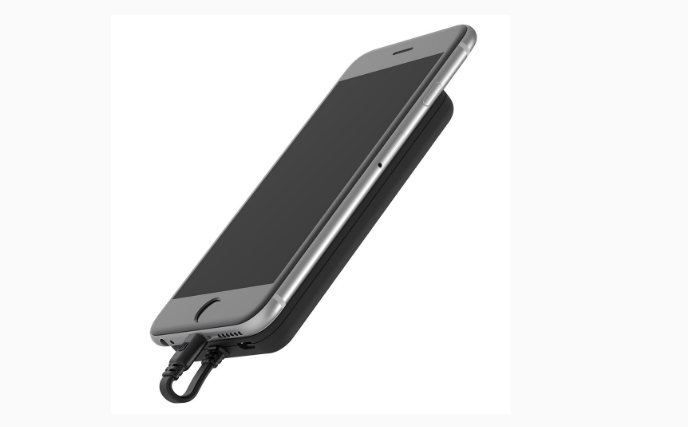
SCOSCHE unveils MagicMount PowerBank for Android and iPhone
Removable phone batteries used to be a very important thing to me. It is one of the reasons, at least initially, I shunned the iPhone for Android smartphones. Over time, however, this became less important, thanks to USB battery packs. Ultimately, I bought an iPhone and couldn't be happier.
The problem with these battery packs, however, is that the cable creates a bit of a mess; it looks unsightly to have a wire dangling from your pocket. Meanwhile, battery cases are often bulky, ruining the svelte nature of the phone. Now, SCOSCHE unveils its MagicMount PowerBank for Android and iPhone. By utilizing magnets, it can be easily affixed to the rear of the phone when needed, and removed when not. The super-short cable will prevent tangling too.
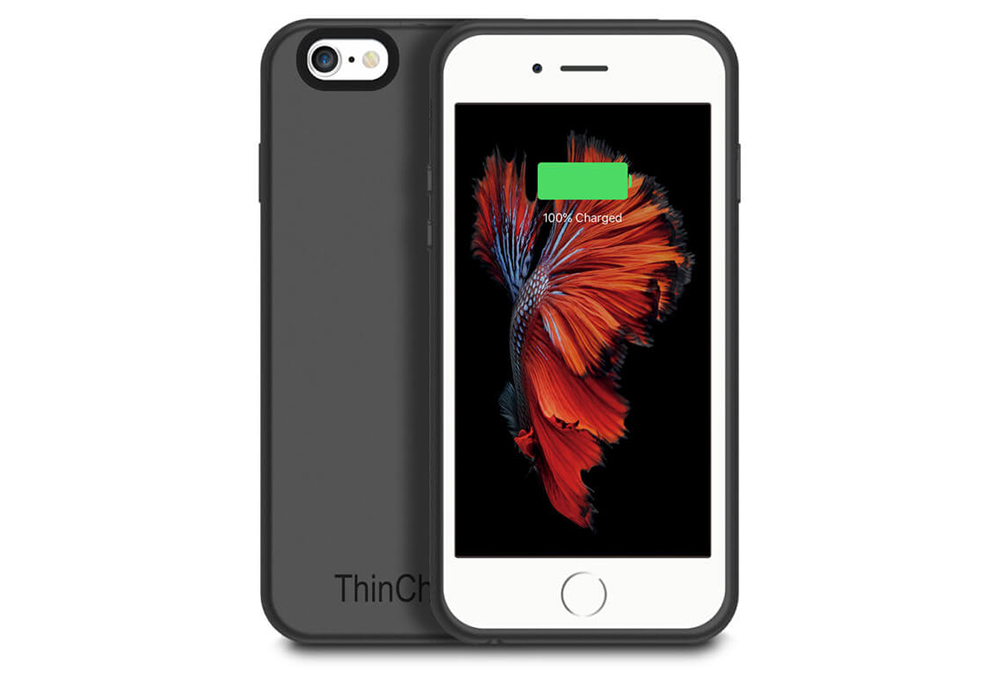
ThinCharge is an excellent, lightweight battery case for iPhone 6/6s [Review]
I love my iPhone 6s, but the battery life often isn’t as good as I would like. On most days I can make it through to the late evening before the device requires charging, but occasionally it needs a bit of a boost before then. The Low Power mode built into iOS 9 comes in handy, but like most people I’d rather just have longer battery life.
While carrying around a power pack saves the day when I’m out and about and away from a charging point, it’s a bit of pain having to lug it around. This is where ThinCharge comes in handy -- it’s a battery pack built into a thin case.
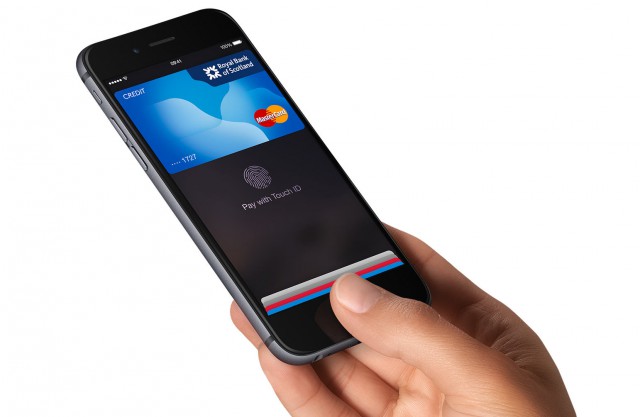
Kohl’s combines charge card and Yes2You Rewards into a single Apple Pay experience
One of my favorite places to shop is Kohl's. Now, I have many reasons, but primarily, I like its selection of affordable "Big and Tall" clothing. Yes, I'm a fat guy. Most of my wardrobe is bought there, including, quite often, my sneakers too. Heck, they even sell wonderful home goods, such as towels, coffee makers, and picture frames to name a few. It is a great "one-stop-shop".
An annoying thing about the Kohl's shopping experience, however, is carrying two cards for the retailer. You see, the company offers a charge card -- which is often required for the discounts -- plus a loyalty card for building rewards. I've often wondered why they do not just combine them. Starting today, thanks to Apple Pay, you can leave both cards at home, and get the benefits with just your iPhone.
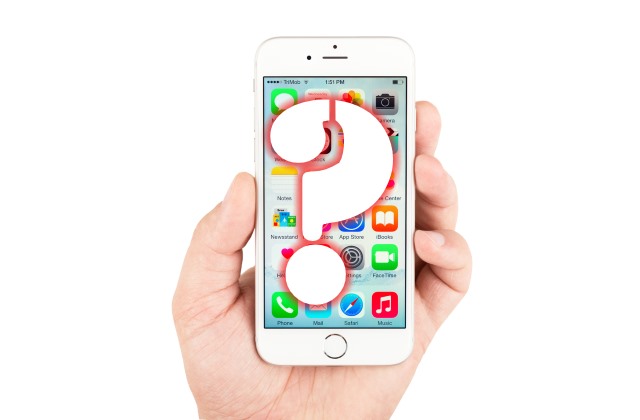
Apple: You're saying it wrong -- iPhones is not a word!
Apple's marketing chief Phil Schiller has taken to Twitter to set the record straight about the nomenclature of the company's product names. Specifically, he takes umbrage with just sticking an 's' onto the end of product names to pluralize them.
Yep -- iPhones is, apparently, not a word. Someone might need to speak with Tim Cook to get him on the same page though, as he doesn't seem to have seen the memo.
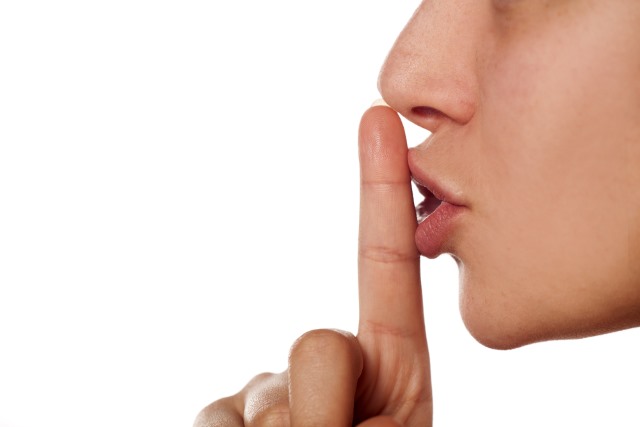
FBI won't tell Apple how it hacked San Bernardino iPhone as it doesn't understand the technique
Apple had been hoping that the FBI would come clean about how it managed to gain access to the San Bernardino iPhone, but that's just not going to happen. The agency managed to crack the iPhone 5C at the center of the case after getting help from a third party rather than Apple.
But now the FBI has confirmed that it doesn't really know how the cracking tool works. Or, more precisely, it did not buy the rights to the technical details of the tool. After a very public battle with Apple, the FBI ultimately resorted to getting help from elsewhere, and there had been fears that the method would be classified -- now it seems it will remain secret simply because the FBI doesn't understand the tool it used.
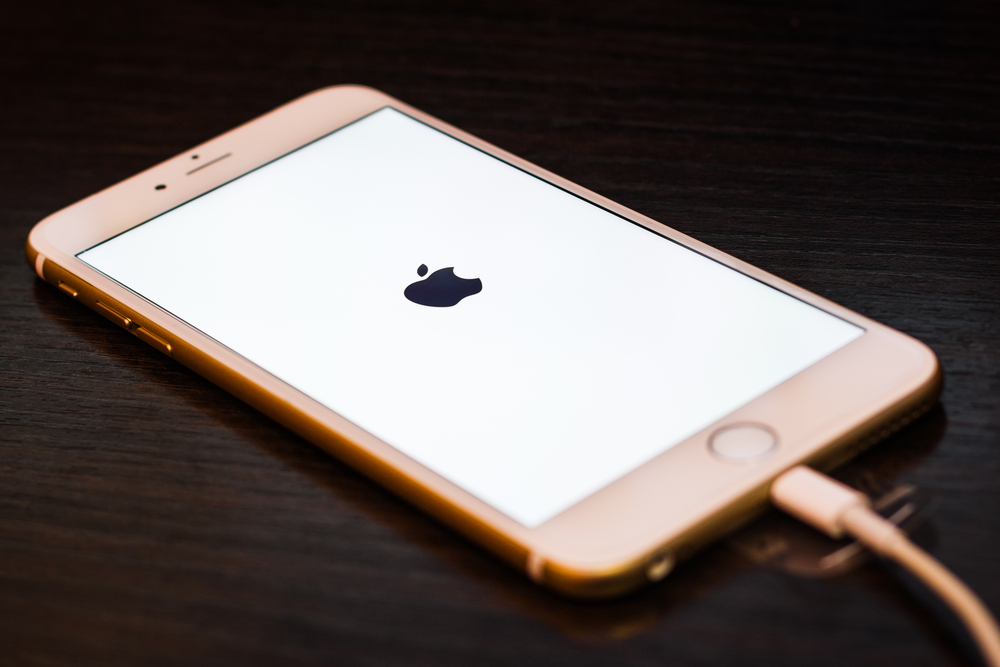
Can we dispense with the 'Apple is dead' meme -- other CEOs would lose a limb to have a bad quarter like this
Listening to Apple's fiscal second quarter 2016 earnings conference call yesterday was like attending a funeral—where the eulogy is for someone whom you know has gone to Hell. There's no way to sugarcoat that the good days are over and an eternity of burning flesh awaits. I kid you not. Haul over to iTunes and download the replay. You'll feel the grim reaper looking over your shoulder while CEO Tim Cook talks as joyfully about Apple's performance as a man granted last words before the gallows.
And I wonder why? So what that Apple reported its first revenue decline in 13 years, or that iPhone sales fell for the first time ever, or that Q3 guidance is a few billion short of Wall Street consensus? This friggin' company still mints money, and that ain't changing anytime soon. Revenue reached $50.6 billion—more than Alphabet and Microsoft combined, with $9.8 billion to spare. Apple's $10.5 billion net income exceeds that of both companies. Oh, and iPhone generated more revenue ($32.86 billion) than either competitor's total sales. Apple ended the quarter with a $232 billion cash horde. And we get a wake, not a celebration?
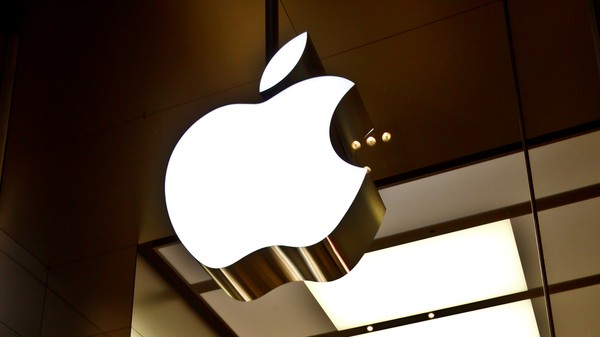
Apple fiscal Q2 2016 by the numbers: $50.6B sales, $1.90 EPS
The spotlight shines on the world's most-valuable company this fine Tuesday, as Apple revealed results for fiscal second quarter 2016. Wall Street expected the first revenue growth decline in more than a decade and iPhone's first-ever sales retraction . Is the sky finally falling? Eh, not yet. But the sun slowly sets over the vast smartphone empire.
Ahead of today's earnings announcement, Wall Street consensus put revenue down 10.4 percent year over year to $51.97 billion, with earnings per share down 14.2 percent to $2. Apple actual: $50.557 billion sales, $10.5 billion net income, and $1.90 EPS. Three months ago, the company told the Street to expect between $50 billion and $53 billion in sales. You read the numbers correctly: Apple uncharacteristically missed the Street's targets and came in on the low end of its own guidance.
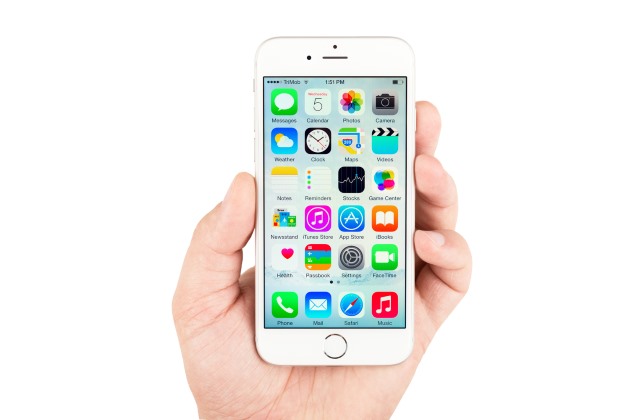
US Justice Department accesses another iPhone without Apple’s help
When it came to the San Bernardino iPhone, Apple was ready to dig in its heels and refuse to help the FBI to gain access to the encrypted contents. As it turns out, the company needn’t have bothered shouting as a third party helped instead. Now the same thing has happened with another iPhone.
This time around, the Justice Department had been looking for help accessing an iPhone at the center of a drugs case in New York. But now federal prosecutors have said they no longer need Apple’s help as they have managed to get by the lockscreen.
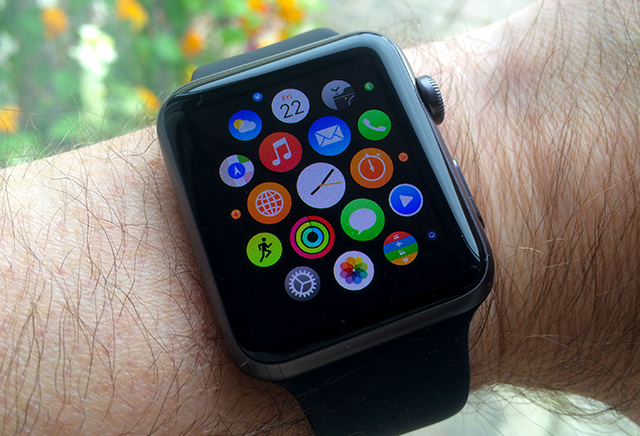
Apple tells developers watchOS apps must work without an iPhone
Apple has announced to developers that, starting June 1, all watchOS apps submitted for inclusion in the App Store must be native apps based on watchOS 2 SDK. What this means in practice is that Apple Watch apps must function without an iPhone.
This is something that has plagued wearables from other manufacturers -- including Samsung -- and the new rules will almost certainly go down well with consumers. Ultimately this should lead to an improvement in the quality of Apple Watch apps, as developers will be forced to build in more functionality.

It cost HOW MUCH to crack the San Bernardino iPhone?!
There are a lot of questions still to be answered about the San Bernardino iPhone that saw the FBI and Apple go head to head. After something of a battle, the FBI found someone to crack the iPhone. But who exactly did it? How did they do it? Will Apple be told how to do it in private? But one question that has also been lurking in the background is just how much it cost to hack into a single iPhone.
Now we know the answer. Not precisely, but we have a pretty good idea. Perhaps unsurprisingly, cracking the iPhone at the center of one of the most interesting technology cases in recent history, was not cheap. In a somewhat roundabout way, FBI Director James Comey revealed that the cost was more than $1.34 million.
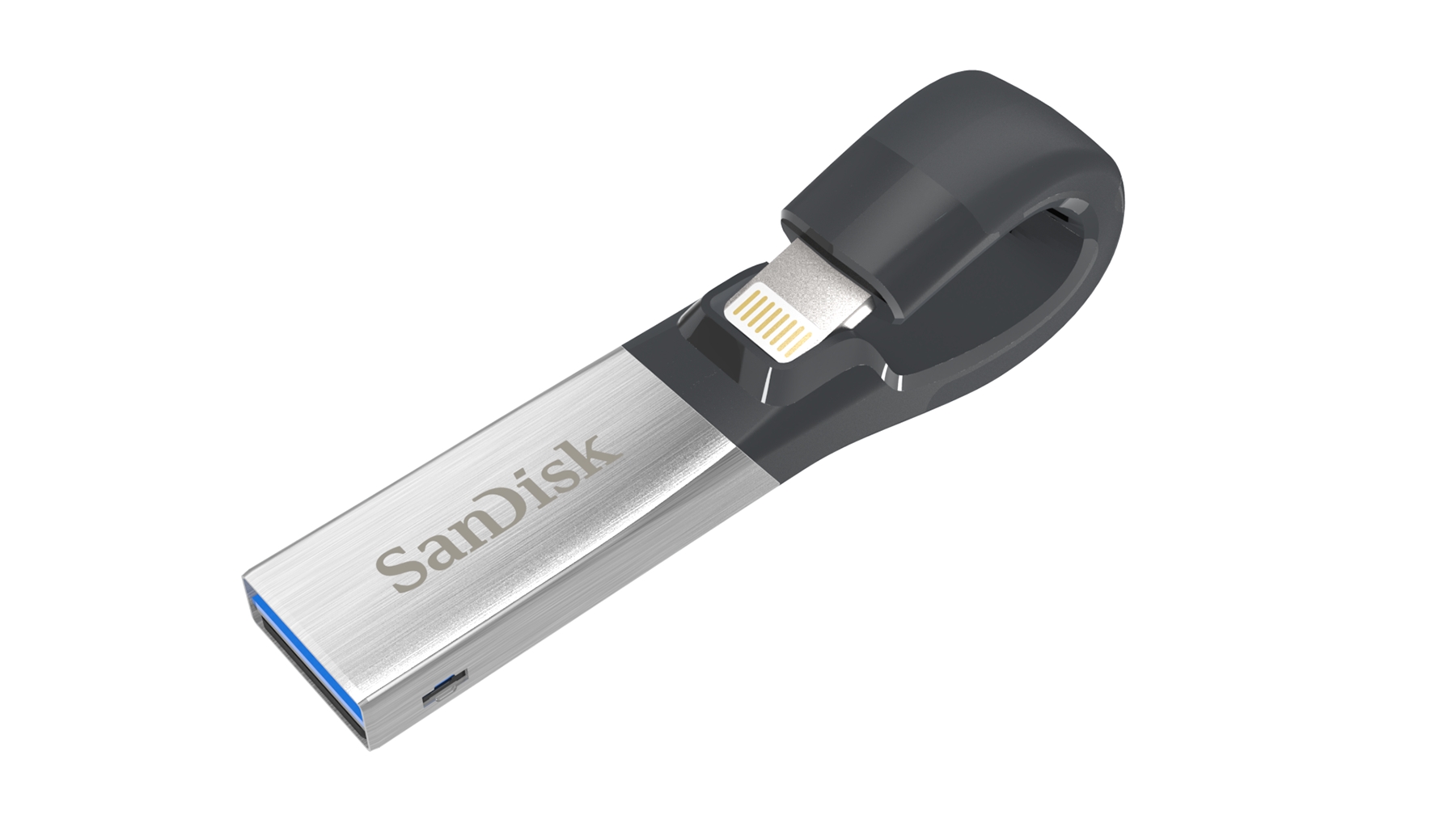
SanDisk unveils next-generation iXpand Flash Drive for iPhone, iPad, and iPod touch
Storage for iPhone and iPad can be costly. Since you cannot realistically add more inside later, you must decide at purchase how much you will need. Then, each bump up will cost you about $100. This can make an iOS device purchase a very costly affair.
As an alternative, however, you can use flash drives on the iPhone, iPod touch and iPad, but there is a catch; you will need to buy a lightning to USB type A cable, or a flash drive with a lightning connector. While not usually an elegant solution, today, SanDisk unveils an intriguing such product -- the next-generation iXpand Flash Drive -- and it looks really cool.
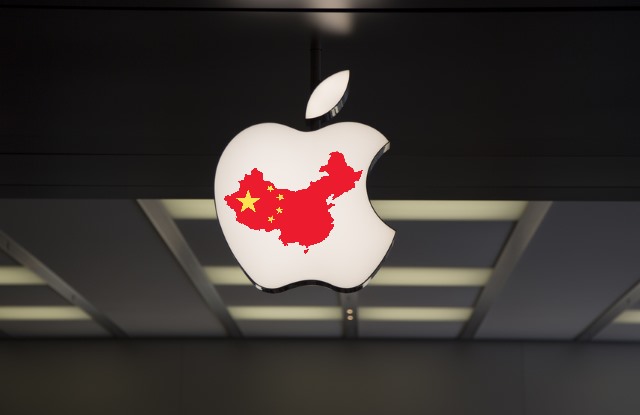
China wants Apple's source code, but Apple refuses to hand over the goods
Apple has revealed that Chinese authorities have asked for access to the company's source code in the last couple of years. The revelation was made by Apple general counsel Bruce Sewell as he tried to deflect accusations that have sprung up in the wake of the San Bernardino iPhone case.
The battle between Apple and the FBI rumbled on for a while as authorities asked the iPhone manufacturer to crack encryption or provide a backdoor into the phone at the center of the case. Apple refused to help the FBI, leading to accusations that the company was failing to help US authorities whilst assisting those abroad. Apple categorically denies handing over information to the Chinese authorities.
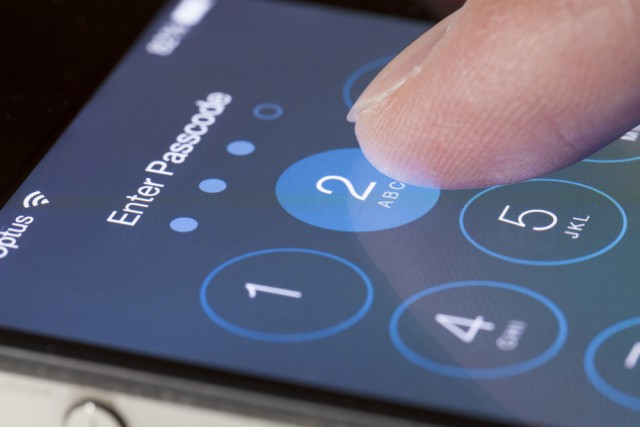
FBI briefs senator about how it cracked San Bernardino iPhone, but keeps Apple in the dark
It turned the case of the century in to the case that didn’t really happen. The battle between Apple and the FBI came to a sudden end last month when the US Justice Department said it didn’t need the iPhone manufacturer's help, and then successfully hacked its way into the iPhone in question.
With the San Bernardino shooter's iPhone seemingly successfully cracked, the FBI last night revealed to Senator Dianne Feinstein just how it managed it. There are no current plans to share this information with Apple, but FBI Director James Comey revealed that the tool that was brought in only works on the iPhone 5c.

Android gaining ground mainly at Windows Phone's expense
Windows Phone sales took a dive in 2015, and it looks like the trend continues in 2016 as well. The platform is losing ground in major markets across the globe, according to a new report by Kantar Worldpanel ComTech. And Android is taking advantage of it.
In the three months ending February 2016, Windows Phone saw its market share drop considerably in five major European markets (France, Germany, Great Britain, Italy and Spain), and US and Australia, with Android adding the percentage points it lost under its belt. Things are looking better in China and Japan, however.
